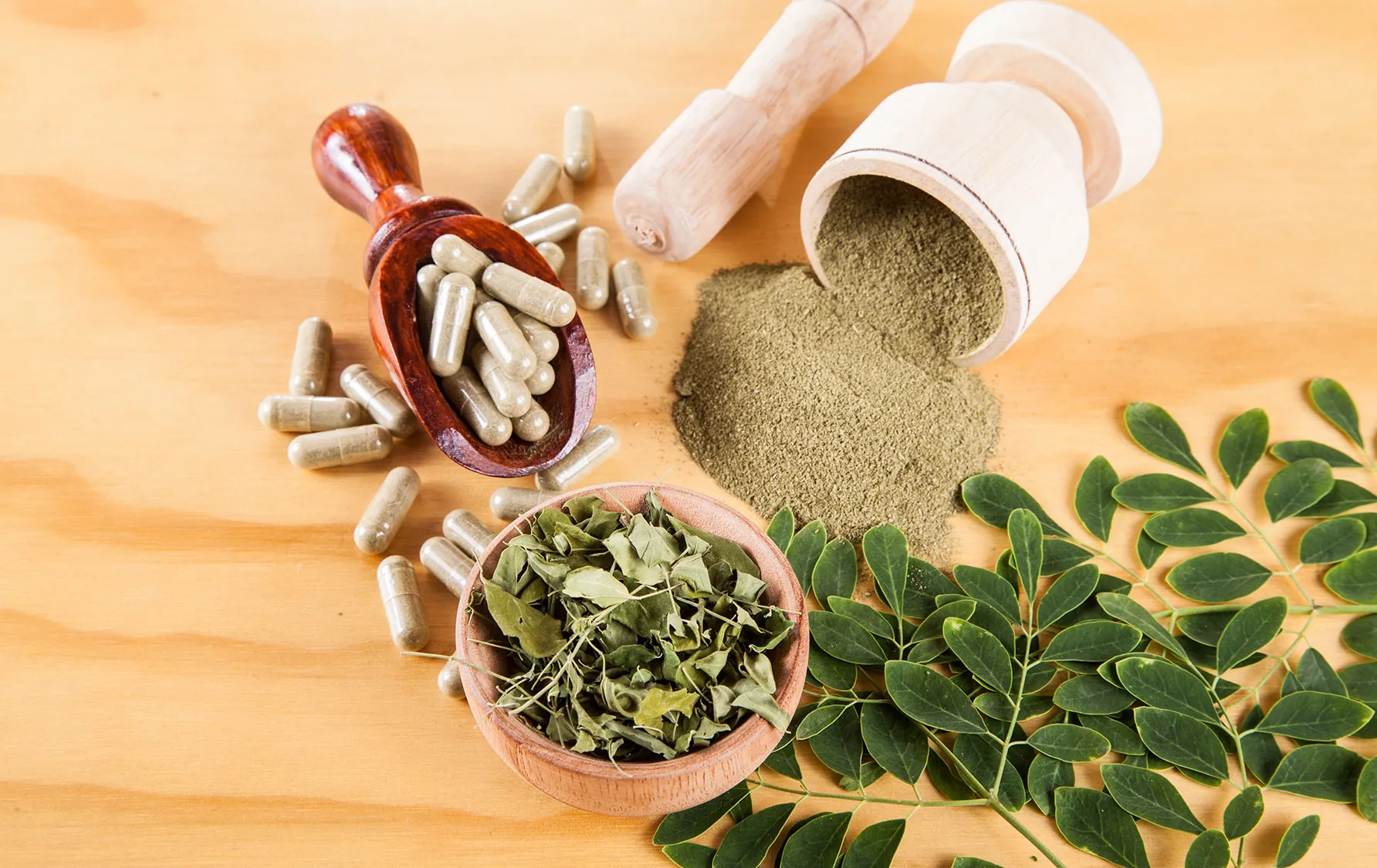Maintaining good digestive health is essential for overall well-being.
While many factors contribute to a healthy digestive system, two key elements stand out: fiber and water. These simple yet powerful components play a vital role in ensuring smooth digestion, preventing constipation, and promoting overall digestive wellness.
-
The Role of Fiber[1]
Fiber, also called ‘roughage’, is the indigestible part of plant foods. There are two types of fibers:
a) Soluble Fiber: Dissolves in water and forms a gel-like substance
b) Insoluble Fiber: Adds bulk to the stoolBoth are essential for optimal digestive health.
How exactly does fiber help with digestion?[2]
Promotes Regular Bowel Movements
Sufficient fiber intake adds bulk to the stool, aiding regular bowel movements. It softens the stool thereby preventing constipation and making the stool easier to pass through the digestive tract.Prevents and Relieves Constipation
By adding volume to the stool, a diet rich in fiber is quite effective in preventing and alleviating constipation. The fiber helps in stimulating the movement of waste through the intestines, and reduces the risk of straining during bowel movements. -
The Role of Water
The elixir of life, water, plays a vital role in maintaining optimal digestive health.
How exactly does water help with digestion?
Prevents Dehydration[3]
When the body is dehydrated, it absorbs too much water from the colon which results in hard and dry stools. Drinking sufficient amounts of water regularly keeps the stool soft and promotes regular bowel movements. In other words, if your body is dehydrated it can lead to constipation.Aids Digestion and Nutrient Absorption[4]
Water aids immensely to break down food in the body, aiding digestion and absorption of nutrients in the intestines.Fiber and water are essential elements to ensure a healthy digestive system.
In order to increase your fiber intake, include fiber-rich foods in your diet such as whole grains, fruits, vegetables, legumes, and nuts.
Make sure you stay hydrated and get an adequate amount of water daily. The National Academy of Medicine suggests that men should have about 13 cups of water daily and women should have about 9 cups, where 1 cup equals 236mL.[5]
If you are not used to consuming such quantities of fiber and water, make sure that you start a gradual increase in consumption since sudden changes may lead to discomfort.A simple way to promote regular bowel movement, the importance of fiber and water in aiding digestion cannot be overstated.
To relieve yourself from occasional constipation, you can also try over-the-counter medication like the Lax-A product range which offers multiple solutions to fit everyone’s needs. Offering solutions for immediate relief, overnight relief, gentle relief, and daily usage; the Lax-A product line has been clinically proven effective.These products may not be right for you. Please read and follow the label carefully.
REFERENCES
[1] Fiber
Harvard
Source: https://www.hsph.harvard.edu/nutritionsource/carbohydrates/fiber/
[2] Dietary fiber: Essential for a healthy diet
Mayo Clinic
Source: https://www.mayoclinic.org/healthy-lifestyle/nutrition-and-healthy-eating/in-depth/fiber/art-20043983#:~:text=Dietary%20fiber%20increases%20the%20weight,Helps%20maintain%20bowel%20health.
[3] How Drinking Fluids Can Help You Manage Constipation
Web MD
Source: https://www.webmd.com/digestive-disorders/water-a-fluid-way-to-manage-constipation
[4] Does drinking water during or after a meal affect or disturb digestion?
Mayo Clinic
Source: https://www.mayoclinic.org/healthy-lifestyle/nutrition-and-healthy-eating/expert-answers/digestion/faq-20058348#:~:text=Water%20and%20other%20drinks%20help,softer%2C%20which%20helps%20prevent%20constipation.
[5] Water
Harvard
Source: https://www.hsph.harvard.edu/nutritionsource/water/





